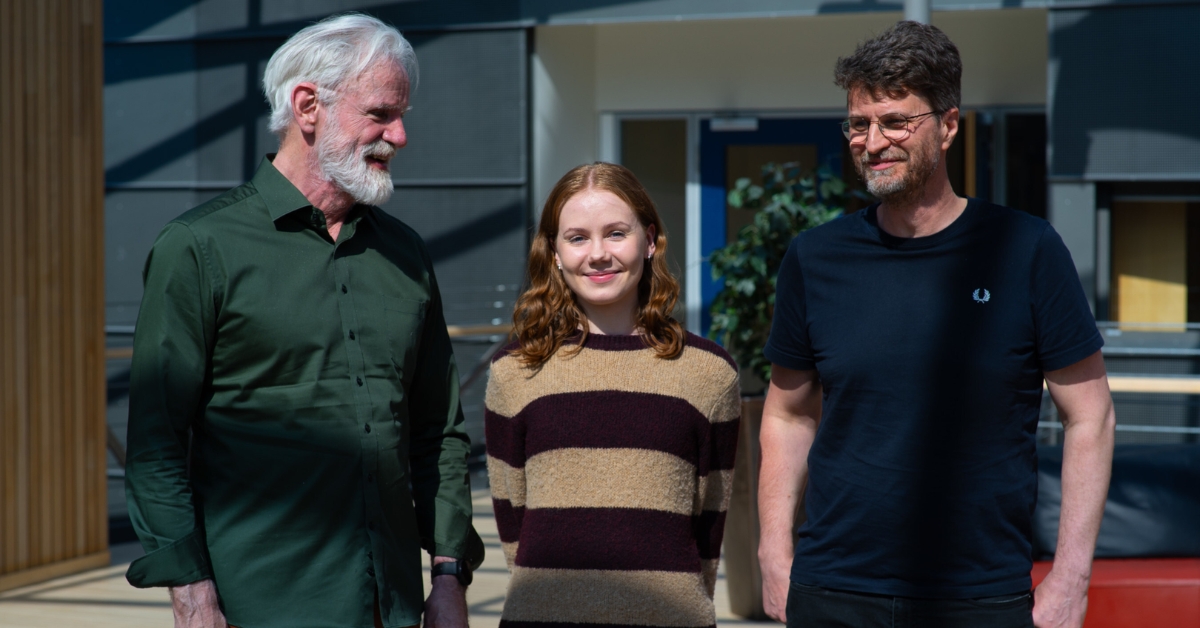In a groundbreaking study, scientists from deCODE genetics reveal insights into mtDNA mutations and inheritance patterns, uncovering critical data on pathogenic variations.
Reykjavik, Iceland: A groundbreaking study published today in the journal Cell by scientists from deCODE genetics, a subsidiary of Amgen, has unveiled the most extensive analysis of germline mitochondrial DNA (mtDNA) mutations in humans.
The study, which examined 116,663 mother-child pairs, reveals significant findings about mtDNA transmission and mutation patterns.
The research highlights the extreme hypermutability at specific positions in mtDNA.
Among the findings is the notorious A>G mutation at position 3243, which causes MELAS syndrome—a severe condition impacting muscle and brain function.
This particular mutation was identified 15 times across 2,548 matrilineal pedigrees but was found to typically vanish after a few generations due to its detrimental effects on carriers’ health.
Kari Stefansson, the senior author, and CEO of deCODE Genetics, along with co-authors Agnar Helgason and Erla Rut Arnadottir, emphasized the robust evidence of selection against these harmful mtDNA mutations.
Their work also points to a historical episode of negative selection, termed germline selection, where defective mtDNA molecules are discarded during the development of oocytes.
One of the study’s key findings is the precise estimation of mtDNA inheritance.
Contrary to previous beliefs, individuals inherit an average of only about three units of mtDNA from their mothers.
This bottleneck effect is crucial in the rapid loss or fixation of new mtDNA mutations within a few generations.
Agnar Helgason, a corresponding author, explained:
“It is remarkable that the vast number of mtDNA in oocytes derives from just a few mtDNA molecules from the mother. A selection process influences this severe bottleneck during oocyte development, where harmful mtDNA mutations are eliminated.”
Kari Stefansson added:
“This study advances our understanding of the exceptional variation in mutation rates across mtDNA nucleotides, even between different alleles at the same position. Unfortunately, the high mutability of some pathogenic mutations has made them more common and easier to detect. Our findings suggest that many rare pathogenic mtDNA mutations contributing to human disease remain undiscovered.”
The deCODE genetics team’s research not only illuminates the mechanisms of mtDNA mutation and inheritance but also paves the way for future discoveries in mitochondrial diseases and their genetic underpinnings.


